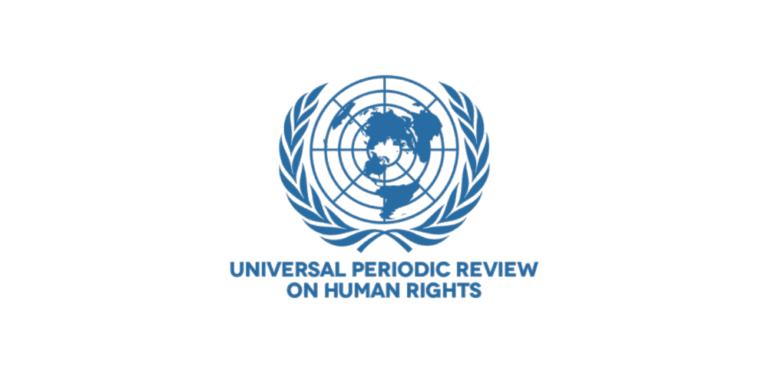Legalize Belarus and Youth Bloc Submit Joint Report to UN Human Rights Council
The report critically examines Belarus’s current approach to drug policy, which continues to rely heavily on criminalization and imprisonment rather than harm reduction and health-centered strategies.

Today, the Civil movement Legalize Belarus, in cooperation with the public association Youth Bloc, submitted a joint report to the Human Rights Council for Belarus’s fourth cycle of the Universal Periodic Review (UPR). The comprehensive document highlights ongoing violations of human rights in the context of Belarus’s drug policy and calls for substantial reforms in line with international standards.
The report addresses two main areas: the fulfillment of general requirements for public policy in psychoactive substance use regulation and the implementation of international human rights standards.
“Despite repeated recommendations from international bodies, including the UN Committee on Economic, Social and Cultural Rights, Belarus has maintained an excessively punitive approach to drug offenses,” said a representative of Legalize Belarus. “Our report provides concrete evidence of how this policy leads to systematic human rights violations and fails to address the root causes of drug-related issues.”
Key points in the report include:
- Criminalization of personal use: Belarus continues to criminalize the personal use of controlled substances directly through Article 328-2 and indirectly through prosecution for possession under Article 328, despite international recommendations to decriminalize.
- Lack of alternatives to imprisonment: More than 99% of those convicted under Parts 2-5 of Article 328 are sentenced to imprisonment, with limited non-custodial alternatives available.
- Limited harm reduction programs: Opioid substitution therapy (OST) coverage remains extremely low at 2-3%, with significant barriers to access and inadequate geographic coverage.
- Fair trial violations: Defendants in drug-related cases often face violations of their right to counsel, presumption of innocence, and proper evidence verification.
- Inhumane treatment in detention: Those convicted under Article 328 are subjected to deliberately harsh detention conditions, following public statements by authorities calling for “unbearable conditions” for such prisoners.
- Discrimination and stigmatization: Drug offenders face systematic discrimination in the penitentiary system and broader society, reinforced by state propaganda and practices.
The report also documents the persecution of civil society organizations advocating for drug policy reform, including Legalize Belarus itself, whose Telegram channels were labeled as “extremist materials” in December 2023.
Six concrete recommendations are provided, calling for:
- Distinguishing between personal use and commercial sale in criminal legislation
- Decriminalizing possession for personal use while expanding health services
- Differentiating criminal liability based on quantity, type, and harm
- Implementing alternative sanctions including treatment and rehabilitation
- Developing and expanding harm reduction services nationwide
- Expanding OST programs, including in penitentiary institutions
Read full report here: Joint Report of the Civil movement Legalize Belarus and the public association Youth Bloc dedicated to the 50th session of the Human Rights Council
This submission continues Legalize Belarus’s seven-year advocacy for humanizing Belarus’s drug policy, building on our previous UPR engagement and international advocacy. While we welcome recent steps toward reducing penalties for drug offenses, as reported earlier this month, our UPR submission emphasizes that more fundamental reforms are needed to align Belarus’s approach with international human rights standards.
The UPR process provides an important platform for civil society to highlight human rights concerns and encourage positive change in national policies. The joint report by Legalize Belarus and Youth Bloc represents a significant contribution to this dialogue, focusing on an area where Belarus continues to fall short of its international human rights obligations.

Можно, если осторожно
Вступай в наш клуб за гуманную наркополитику. Твои данные не будут переданы третьим лицам.
